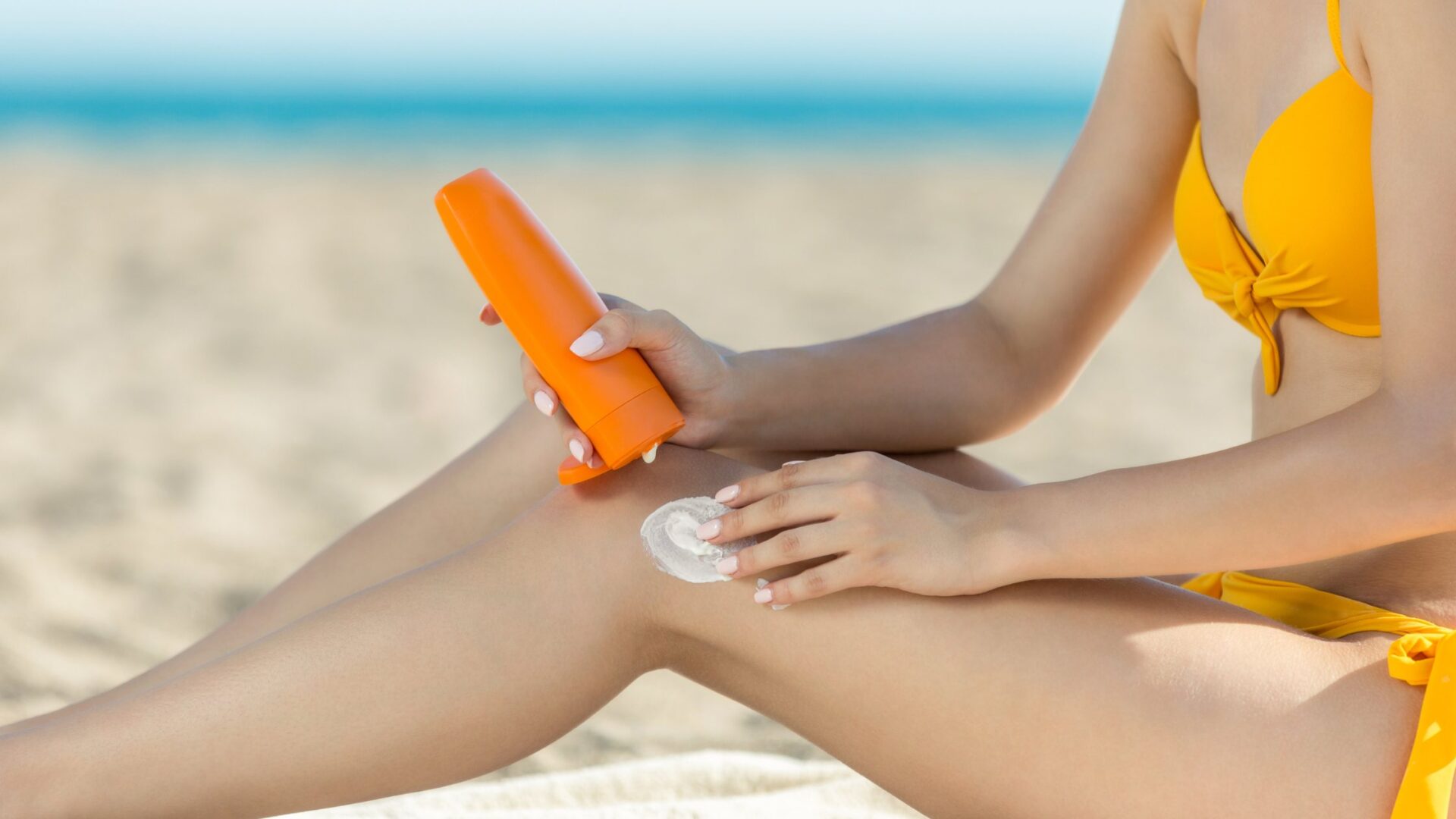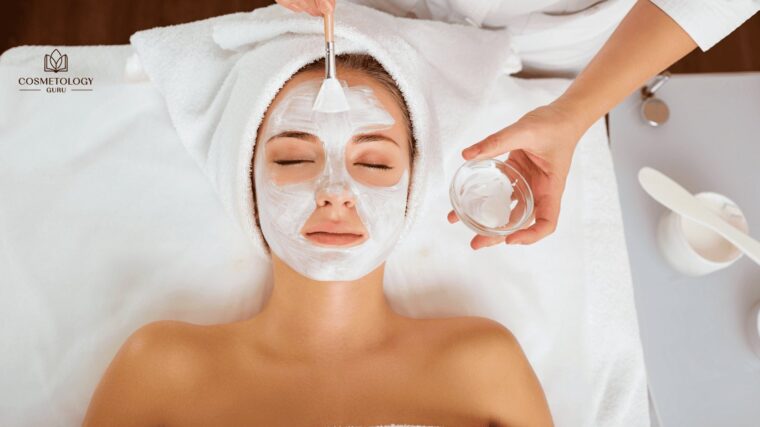We all want our skin to look its best, but finding the right skincare products can feel like a never-ending search. With so many options out there, it can be overwhelming to choose the products that will work best for your skin type. But don’t worry – we’re here to help!
Taking care of your skin is essential for keeping it healthy and glowing. Everyone’s skin is unique, so it’s important to find products that work for your specific skin type. We’ve gathered some tips and tricks from cosmetologists who have been through the struggle of finding the perfect skincare routine.
Understanding Your Skin Type
It’s important to know your skin type before you start looking for skincare products. Oily, dry, combination (mixed), and sensitive skin are the four main types. You can select items that are most suited to your particular needs by being aware of your skin type.
Oily Skin
If you have oily skin, it is more likely to produce too much sebum, which can result in shiny skin, plugged pores, and acne breakouts. Search for items that are non-comedogenic, oil-free, and made especially for oily skin.
Dry Skin
If you have dry skin, your skin may feel tight, rough, and flaky. Look for products that are rich in emollients, such as shea butter, glycerin, and hyaluronic acid. Avoid products that contain alcohol or fragrances, which can further dry out your skin.
Combination Skin
If you have mixed skin, it has both dry and oily patches. Seek out skincare items that are specially formulated for mixed skin or that target particular parts of your face. For instance, your T-zone may require a different moisturizer than your cheeks.
Sensitive Skin
Your skin may be easily irritated, prone to redness, and adversely affected by specific chemicals if you have sensitive skin. Choose items that are hypoallergenic, fragrance-free, and kind to the skin.
Choosing the Right Products
Once you understand your skin type, you can start looking for products that are best suited for your individual needs. Here are some key things to look for:
Cleansers
Choose a cleanser that is gentle on your skin and specifically formulated for your skin type. Avoid cleansers that contain harsh ingredients like sulfates, which can strip your skin of its natural oils.
Toners
Toners help to remove any remaining dirt or impurities from your skin after cleansing. Look for a toner that is alcohol-free and designed specifically for your skin type.
Moisturizers
Moisturizers are essential for keeping your skin hydrated and healthy. Look for a moisturizer that is designed for your skin type and that contains ingredients like hyaluronic acid, which can help to lock in moisture.
Sunscreen
Sunscreen is essential for protecting your skin from harmful UV rays. Look for a broad-spectrum sunscreen, meaning it protects against both UVA and UVB rays, and has an SPF of at least 30.

Get Rid of These Ingredients:
- Fragrance/parfum: Added perfumes can cause skin allergies and irritation, so avoid them if you have sensitive skin.
- Sulfates: Sulfates are washing chemicals commonly found in body washes and shampoos. They deplete the hair and skin’s natural oil and might cause discomfort.
- Parabens: Parabens are often used in products as a chemical preservative to inhibit bacterial growth. They are known as estrogen mimickers, according to Dr. David and other industry experts, and they can have a negative long-term impact by disrupting hormonal balance. Dr. David and Dr. Green both warn that this can be dangerous for young children and those at risk of breast cancer.
- Formaldehyde and formaldehyde releasers: Because formaldehyde is a proven carcinogen, it is no longer commonly found in ingredient lists. However, Dr. David says that it is frequently replaced with different-named substances (quaternium-15, DMDM hydantoin, diazolidinyl urea, imidazolidinyl urea) that release formaldehyde over time to act as preservatives. According to Dr. David, it is unclear whether these substances are detrimental in this capacity, but they should be avoided as potential allergies.
Here are the typical steps in a skincare routine in order:
- Cleansing: Use a gentle cleanser to remove dirt, oil, and makeup from your face.
- Toning: Apply a toner to your face to help remove any remaining dirt or oil and to balance your skin’s pH.
- Serum: Apply a serum containing active ingredients such as antioxidants, vitamins, or hyaluronic acid to target specific skincare concerns.
- Eye cream: Apply a specialized eye cream to hydrate and protect the delicate skin around your eyes.
- Moisturizing: Apply a moisturizer to keep your skin hydrated and nourished.
- Sun protection: Apply sunscreen to protect your skin from harmful UV rays.
It’s important to note that not all steps are necessary for everyone. Your skincare routine should be tailored to your specific skin type and concerns. You may also choose to add additional steps such as exfoliation or face masks depending on your needs.
Avoiding Common Skincare Mistakes
In addition to choosing the right products for your skin type, it’s also important to avoid common skincare mistakes that can damage your skin. Here are some key things to avoid:
Over-Exfoliating
Exfoliating is important for removing dead skin cells and promoting cell turnover. However, over-exfoliating can damage your skin and lead to irritation and inflammation. Limit your exfoliation to once or twice a week.
Using Too Many Products
Using too many skincare products can overwhelm your skin and lead to irritation and breakouts. Stick to a simple, streamlined skincare routine that includes only the essential products for your skin type.
Skipping Sunscreen
Skipping sunscreen can lead to sun damage, premature aging, and an increased risk of skin cancer. Make sure to wear sunscreen every day, even on cloudy or overcast days.
Sleeping in Your Makeup
Sleeping in your makeup can clog your pores, lead to breakouts, and cause premature aging. Make sure to remove your makeup before going to bed, even on nights when you’re too tired to go through your entire skincare routine.
Using Hot Water
Hot water can strip your skin of its natural oils and cause dryness and irritation. Use lukewarm water when washing your face and avoid taking hot showers or baths for extended periods.
Conclusion
It can seem difficult to select the proper skincare products for your skin type, but it doesn’t have to be. You may obtain healthy, bright skin by being aware of your skin type and selecting products that are most suited to your particular requirements. Always follow a straightforward, streamlined skincare routine that only uses the needed items for your skin type and avoid common skincare blunders.
Frequently Answers Questions
- Can I use the same products year-round, or should I switch them up with the seasons?
It’s a good idea to switch up your skincare products with the seasons. In the summer, you may need lighter, oil-free products to prevent breakouts, while in the winter, you may need richer, more hydrating products to combat dryness.
- How often should I use a face mask?
It depends on your skin type and the type of face mask you’re using. Generally, once or twice a week is sufficient for most people. However, if you have sensitive skin, you may want to limit your use to once a week or less.
- Can I use the same products on my body as I do on my face?
While some products may be safe to use on both your face and body, it’s generally a good idea to choose products that are specifically formulated for each area. Facial skin is typically more sensitive than body skin, so you may need gentler, more specialized products for your face.
- How often should I exfoliate my skin?
Limit your exfoliation to once or twice a week to avoid over-exfoliating and damaging your skin.
- Is it necessary to use a toner?
While toner can be a helpful addition to your skincare routine, it’s not strictly necessary. If you find that toner is drying or irritating your skin, you can skip it and focus on the other essential steps, like cleansing and moisturizing.


